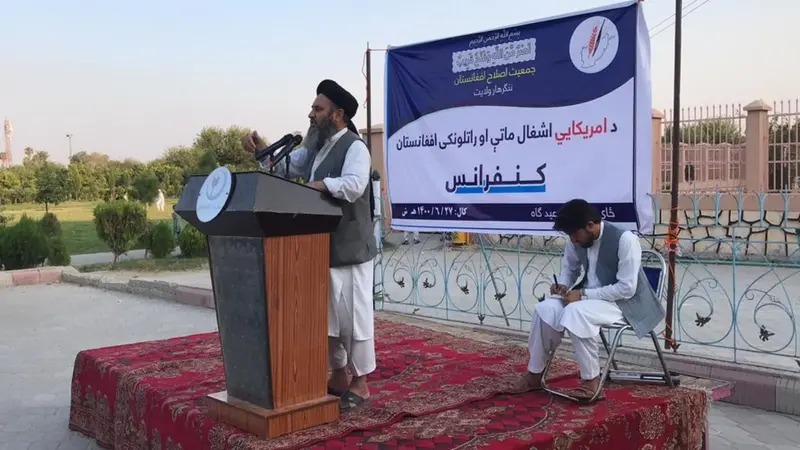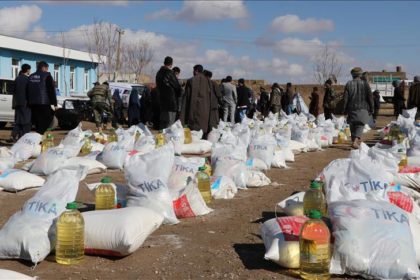RASC News Agency: Reports reveal that following the Taliban’s ascension to power, Salafis, along with other religious sects in Afghanistan, have been subjected to stringent restrictions. Credible sources confirm that the Taliban have issued orders to remove Salafi clerics from leading prayers in mosques. The decree explicitly prohibits Salafis from serving as imams in mosques, universities, or any other public venues. Additionally, Salafi followers have been instructed to refrain from performing raf’ al-yadayn (raising hands during specific parts of prayer) and from saying “Ameen” aloud after reciting Surah Al-Fatiha in prayers.
The practice of raf’ al-yadayn raising one’s hands during prayer is observed by followers of certain Islamic traditions, though its obligation remains a subject of debate among Islamic jurisprudential schools. The Taliban, adherents of the Hanafi school of thought, openly oppose Salafi interpretations and practices. Sources also indicate that the Taliban have imposed restrictions on Salafi religious centers and proselytizing groups, urging them to cease promoting Salafism among the Afghanistani populace. Salafis are predominantly located in Afghanistan’s eastern provinces, with Kunar serving as their central hub. In Afghanistan, Salafis are referred to by various names, including “Ahl al-Hadith” and “Wahhabis.”
During the 20-year Republic era, the Salafis notoriously declared almost everything heretical. Operating under the fragile framework of democracy, they spared no one from their denunciations. From political leaders to university students exploring enlightenment ideas, the Salafis branded countless individuals as apostates. They targeted concepts such as democracy, human rights, women’s rights, and civil society, as well as cultural and historical traditions, including the Tajik New Year celebration of Nowruz, labeling them all as un-Islamic.
While advocating for an “Islamic government based on Sharia law,” the Salafis found themselves under scrutiny when such a regime was implemented by the Taliban, with backing from the United States. Ironically, they became one of the first groups to be targeted under the Islamic government they once championed. Many of their leaders fled Afghanistan, seeking refuge primarily in Turkey and Pakistan. Today, the Salafis in Afghanistan are enduring the same tools of suppression they once wielded against intellectuals, reformists, and even students. Their current predicament illustrates the paradox of their position, as the rhetoric and tactics they championed have now turned against them under the Taliban’s hardline rule.






